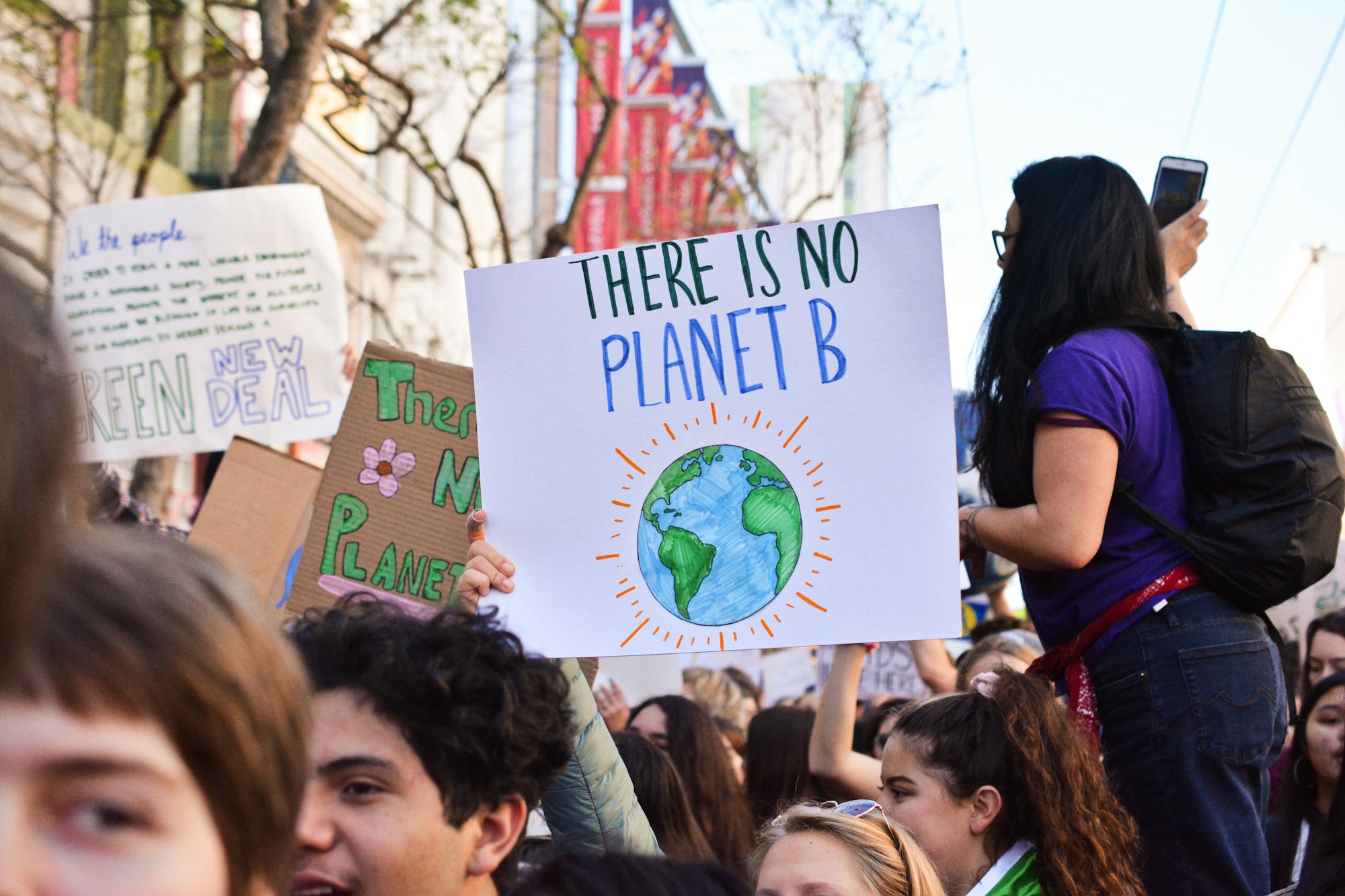
In the face of escalating temperatures, rising sea levels, and extreme weather events, the urgency of addressing climate change has never been more pressing. The scientific consensus is clear: human activities, particularly the burning of fossil fuels and deforestation, are driving unprecedented changes to our planet’s climate system. In this article, we delve into the realities of climate change, its impacts on ecosystems and communities, and the imperative for collective action to mitigate its effects and build a sustainable future for generations to come.
Understanding Climate Change: The Science Behind the Crisis
Climate change refers to long-term shifts in global weather patterns, including changes in temperature, precipitation, and sea levels, primarily caused by human-induced greenhouse gas emissions. The burning of fossil fuels such as coal, oil, and natural gas releases carbon dioxide (CO2) and other greenhouse gases into the atmosphere, trapping heat and leading to global warming. Deforestation further exacerbates the problem by reducing the Earth’s capacity to absorb CO2 emissions.
The Impacts of Climate Change: A Global Challenge
The effects of climate change are already being felt around the world, with devastating consequences for ecosystems, communities, and economies. From the melting polar ice caps and shrinking glaciers to more frequent and intense heatwaves, storms, and droughts, the evidence of climate change is undeniable. Rising sea levels threaten coastal communities and island nations, while changing precipitation patterns disrupt agriculture, water supplies, and food security. Biodiversity loss, habitat destruction, and the spread of infectious diseases further compound the challenges posed by climate change.
The Moral Imperative: Protecting People and Planet
Climate change is not just an environmental issue; it is a social, economic, and ethical challenge that requires urgent action. The impacts of climate change disproportionately affect the most vulnerable communities, including low-income populations, indigenous peoples, and marginalized groups. Addressing climate change is therefore a matter of social justice and human rights, as well as environmental stewardship. We have a moral obligation to protect the planet for current and future generations, ensuring a sustainable and equitable future for all.
Charting a Path Forward: Mitigation and Adaptation Strategies
Mitigating the impacts of climate change requires a multifaceted approach that encompasses both mitigation and adaptation strategies. Mitigation efforts focus on reducing greenhouse gas emissions through measures such as transitioning to renewable energy sources, improving energy efficiency, and promoting sustainable land use practices. Adaptation measures aim to build resilience to climate change impacts, such as investing in climate-resilient infrastructure, enhancing disaster preparedness, and conserving natural ecosystems that provide critical ecosystem services.
The Power of Collective Action: Mobilizing for Change
Addressing climate change requires concerted action at all levels – from individual lifestyle choices to government policies and international cooperation. As individuals, we can reduce our carbon footprint by conserving energy, minimizing waste, and advocating for sustainable practices in our communities. Governments play a crucial role in implementing policies and regulations that promote clean energy, protect natural resources, and incentivize sustainable development. Global cooperation is essential for achieving ambitious targets such as the Paris Agreement, which aims to limit global warming to well below 2 degrees Celsius above pre-industrial levels.
Conclusion: A Call to Action
The stakes of the climate crisis are high, but so too is the potential for meaningful change. By acknowledging the reality of climate change, understanding its impacts, and committing to collective action, we can forge a path toward a more sustainable and resilient future. Now is the time to mobilize our collective resources, creativity, and resolve to confront the climate crisis head-on, ensuring a planet that is habitable for all species and future generations to thrive. The time for action is now.




